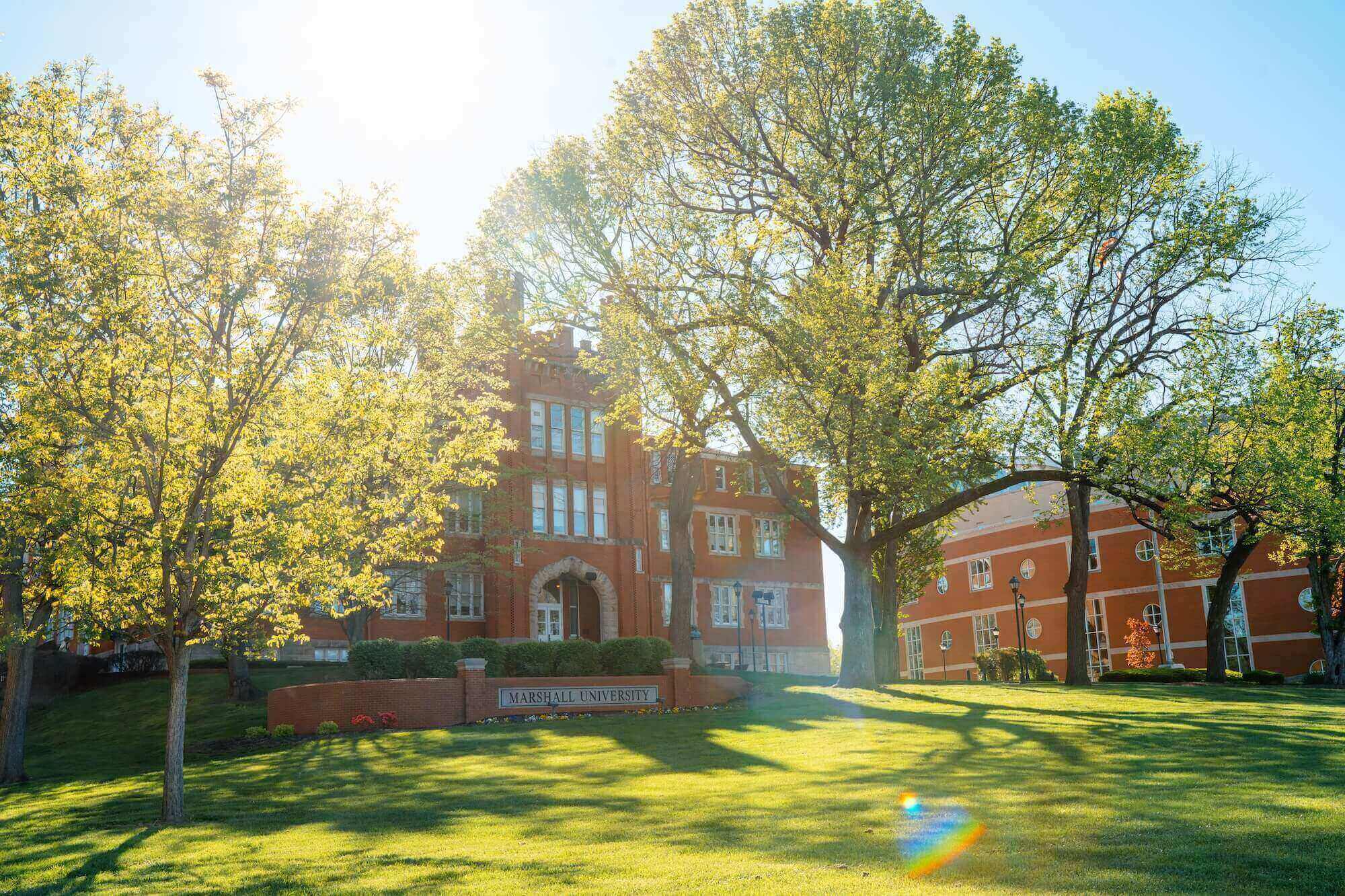Common Search Terms:

Marshall University News
What's happening at Marshall University
Recent Moments
 Shaping her path through storytelling
Dec 28, 2025
Shaping her path through storytelling
Dec 28, 2025
 Building a Future
Dec 21, 2025
Building a Future
Dec 21, 2025
 Finding strength in vulnerability
Dec 15, 2025
Finding strength in vulnerability
Dec 15, 2025
 Finding My Place: How Marshall Became More Than Just a School
Dec 9, 2025
Finding My Place: How Marshall Became More Than Just a School
Dec 9, 2025
 Double Debt-Free Degrees
Dec 1, 2025
Double Debt-Free Degrees
Dec 1, 2025
 Helpers are human
Nov 24, 2025
Helpers are human
Nov 24, 2025
 A Marshall Family Foundation, an Athlete’s Drive, a Researcher’s Future
Nov 18, 2025
A Marshall Family Foundation, an Athlete’s Drive, a Researcher’s Future
Nov 18, 2025
Upcoming Events
Digital Accessibility Hands-On Workshop
January 07
Faculty & Staff
Marshall University Women’s Basketball vs Old Dominion
January 07
Digital Accessibility Hands-On Workshop
January 08
Faculty & Staff
Marshall Alumni Classic Track and Field Meet
January 10
Marshall University Women’s Basketball vs Coastal Carolina- Throwback Night
January 10
Young People’s Concert Audition
January 11
First Day of Spring 2026 Semester
January 12
Students,
Faculty & Staff,
General Public
Show Choir Festival
January 13
Young People’s Concert
January 13
Serving Up Support: Class of 2028 Volleyball Fundraiser
January 13
Students,
Faculty & Staff,
Alumni
Recent News Releases
School of Music to present flute-piano-voice recital
January 6, 2026
Marshall to present 15th annual juried art exhibition
January 5, 2026
Featured Videos



Featured Photo Galleries
Share Your Story
Share your favorite Marshall Moment with us—whether it’s a meaningful memory, a proud achievement, or a special connection you’ve made at Marshall University. Your stories help capture the heart of the Herd and may be featured in future university projects, publications and campaigns. Submit your moment today and help us celebrate what makes Marshall so special!
More News
College of Arts and Media
School of Music to present flute-piano-voice recital
January 6, 2026
Marshall to present 15th annual juried art exhibition
January 5, 2026
Marshall to present Steve Martin’s ‘Picasso at the Lapin Agile’
November 12, 2025
College of Business
Three Marshall students named University Innovation Fellows
November 7, 2025
Marshall welcomes Harvard Business School students
October 15, 2024
College of Education and Professional Development
College of Engineering and Computer Sciences
College of Health Professions
College of Liberal Arts
College of Science



